
 Instagram
Instagram
Related products
Bovine Collagen: Uses and Benefits

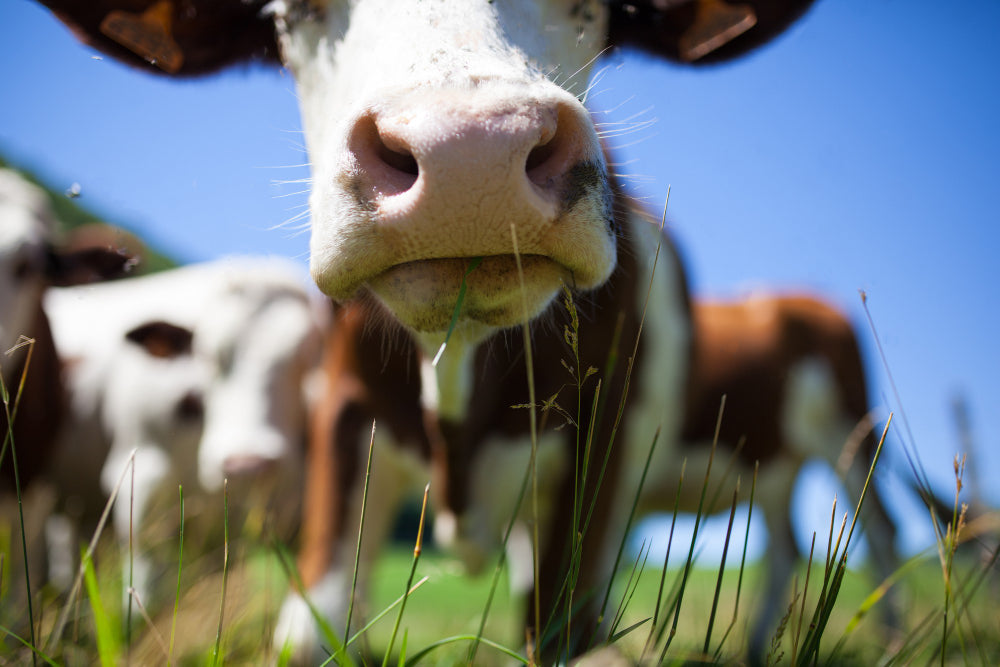
Related products
Collagen constitutes approximately 30% of the proteins within the human body, playing a crucial role in maintaining the structure and function of skin, bones, and connective tissues. Distinctively, bovine collagen, derived from cows, is utilised for its health benefits, differing primarily from other collagen types, such as marine (from fish) or porcine (from pigs), in source and composition.
What is Bovine Collagen?
Bovine collagen is harvested from the bones, skin, and connective tissues of cows. The extraction involves processes such as hydrolysis, where these parts are boiled, enzymatically treated, and then broken down into smaller peptides, enhancing bioavailability. Dr. Emily Roberts, a nutrition scientist, explains, "The enzymatic hydrolysis process is pivotal, transforming insoluble collagen into soluble peptides, which are more easily absorbed by the human body."
Bovine collagen predominantly contains types I and III collagen, essential for skin, bone, and muscle health. In contrast, marine collagen, derived from fish skin and scales, is rich in type I collagen but lacks type III, making it more suitable for skin health but less so for joint and muscle conditions. Dr. Liam Patterson, a dermatologist, notes, "Patients seeking improvement in skin texture and hydration may benefit more from marine collagen, while bovine collagen offers broader health benefits, including joint and bone support."
What are the Health Benefits of Bovine Collagen?
The health benefits of bovine collagen include improved skin elasticity and hydration, stronger joints and bones, enhanced gut health, and support for muscle growth and weight management.
Skin Health
Bovine collagen promotes skin elasticity, reduces wrinkles, and enhances hydration. A study published in the Journal of Dermatological Science found that participants who took a collagen supplement daily showed significant improvements in skin elasticity and hydration after 12 weeks. Dr. Patterson states, "Regular intake of bovine collagen can significantly contribute to a youthful skin appearance and reduce signs of aging."
Joint and Bone Support
Rich in amino acids proline and glycine, bovine collagen supports the reconstruction of joint tissues and alleviates symptoms of arthritis. Research in the International Journal of Medical Sciences suggests that collagen supplements can lead to significant reductions in joint pain among individuals with osteoarthritis. "Bovine collagen can be a valuable addition to the treatment regime for patients suffering from joint disorders," advises Dr. Hannah Clarke, an orthopaedic specialist.
Gut Health
The amino acids in bovine collagen aid in reinforcing the gut lining, potentially mitigating symptoms of leaky gut syndrome. Nutritional therapist, Sarah Bennett, explains, "The gut-healing properties of bovine collagen are attributed to its ability to form connective tissue and maintain intestinal integrity."
Muscle and Weight Management
Bovine collagen supports muscle building and aids in weight management by promoting lean muscle mass and stimulating fat burning during exercise. A study from the Journal of the American Dietetic Association indicates that collagen supplementation can enhance muscle mass retention in aging individuals.
What are the Nutritional Values of Bovine Collagen?
Bovine collagen is rich in amino acids like glycine, proline, and hydroxyproline, which are essential for building and repairing body tissues. It is a good source of protein but lacks the amino acid tryptophan and is low in calories.
Amino Acid Profile
Bovine collagen is abundant in amino acids like glycine, proline, and hydroxyproline, crucial for maintaining and repairing body tissues. "The unique amino acid composition of bovine collagen supports various bodily functions, from skin regeneration to bone health," explains Dr. Roberts.
Complements a Balanced Diet
Integrating bovine collagen into a balanced diet can support overall health and wellness. It is a source of protein that lacks tryptophan but is low in calories and high in nutritional value, making it a suitable supplement for different dietary needs. Dr. Clarke suggests, "Incorporating bovine collagen into one's diet, alongside a variety of other proteins and nutrients, can enhance overall nutritional intake and support bodily functions."
What are the Different Uses of Bovine Collagen?
Bovine collagen is available in various forms, including powders, capsules, and liquids, catering to diverse preferences and lifestyles. Dr. Emily Roberts points out, "Powders are versatile, easily incorporated into liquids and foods, while capsules offer convenience for those with busy schedules."
The recommended daily intake of bovine collagen varies between 10 to 20 grams, depending on individual health goals and conditions. "Incorporating bovine collagen into one's diet can be as simple as adding powder to coffee, smoothies, or soups," suggests nutritional therapist Sarah Bennett. Regular consumption is key to observing significant health benefits.
When selecting bovine collagen, consumers should look for hydrolyzed collagen peptides for better absorption, verify the source is grass-fed and pasture-raised cows, and ensure the product is free from additives and heavy metals. Dr. Roberts advises, "Always check for third-party certifications and lab testing results to ensure product purity and safety."
What are the Potential Side Effects and Considerations?
Potential side effects of bovine collagen include digestive discomfort and allergic reactions. Individuals should consult a healthcare provider before use, especially if pregnant, breastfeeding, or on medication.
Possible Adverse Reactions
While bovine collagen is generally safe, some individuals may experience minor side effects such as digestive discomfort. People with allergies to bovine products should avoid this type of collagen. Dr. Hannah Clarke recommends, "Start with a lower dose to assess tolerance and gradually increase to the recommended daily intake."
Interactions with Medications or Dietary Supplements
Bovine collagen may interact with certain medications or supplements, particularly those affecting bone metabolism. "Consult a healthcare professional before incorporating bovine collagen into your regimen, especially if you're taking other supplements or medications," advises Dr. Liam Patterson.
What are Some Sustainability and Ethical Considerations?
The production of bovine collagen involves environmental considerations, including land use and emissions from cattle farming. Sustainable practices and ethical sourcing are vital in mitigating environmental impact. Sarah Bennett notes, "Choosing brands that prioritize sustainable and ethical practices contributes to a healthier planet."
Ethical sourcing involves the humane treatment of animals and sustainable farming practices. Consumers should seek brands that are transparent about their sourcing and committed to animal welfare. "Supporting companies that adhere to ethical standards ensures the collagen is not only good for you but also for the environment and the animals," states Dr. Clarke.

People Also Ask
Is bovine collagen really good for you?
Bovine collagen can be beneficial for various aspects of health, including enhancing skin elasticity, supporting joint and bone health, aiding gut health, and contributing to muscle and weight management. Its rich amino acid profile supports the body's collagen production and can help repair and build tissues. However, its benefits can vary depending on individual health conditions, dietary needs, and lifestyle factors. Find out How Long Does it Take for Collagen Supplements to Work?
Who should not take bovine collagen?
Individuals with allergies to bovine products should avoid bovine collagen to prevent allergic reactions. Additionally, people with certain pre-existing conditions or those who are pregnant or breastfeeding should consult a healthcare professional before taking bovine collagen. Vegans and vegetarians may also choose to avoid bovine collagen due to its animal-based origin.
Is vegan or bovine collagen better?
The choice between vegan and bovine collagen depends on individual dietary preferences, ethical beliefs, and health needs. Bovine collagen contains types I and III collagen, directly beneficial for skin, bone, and joint health. Vegan collagen builders, on the other hand, provide the body with the necessary components to produce its own collagen but do not contain collagen themselves. While bovine collagen is typically more direct in its action, vegan collagen builders are a suitable option for those following plant-based diets. The effectiveness of each depends on individual health goals and dietary restrictions.
Conclusion
Incorporating bovine collagen into one's diet offers various health benefits, including improved skin health, joint support, and gut health. By selecting the appropriate form and ensuring quality and ethical sourcing, individuals can enjoy these benefits while supporting sustainable and ethical practices.
The holistic approach to health and wellness with bovine collagen emphasizes not only the physical benefits but also the importance of ethical consumption and environmental responsibility. As Dr. Patterson concludes, "Bovine collagen represents more than just a supplement; it is part of a comprehensive approach to health that respects our bodies and our planet."

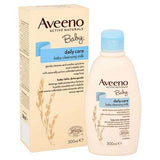
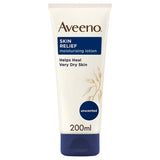
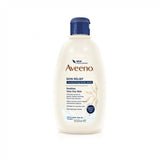
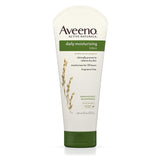
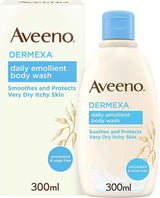
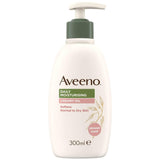
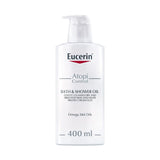
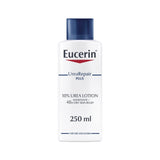
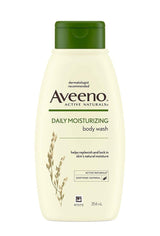
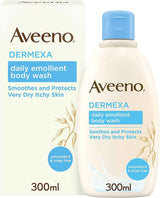
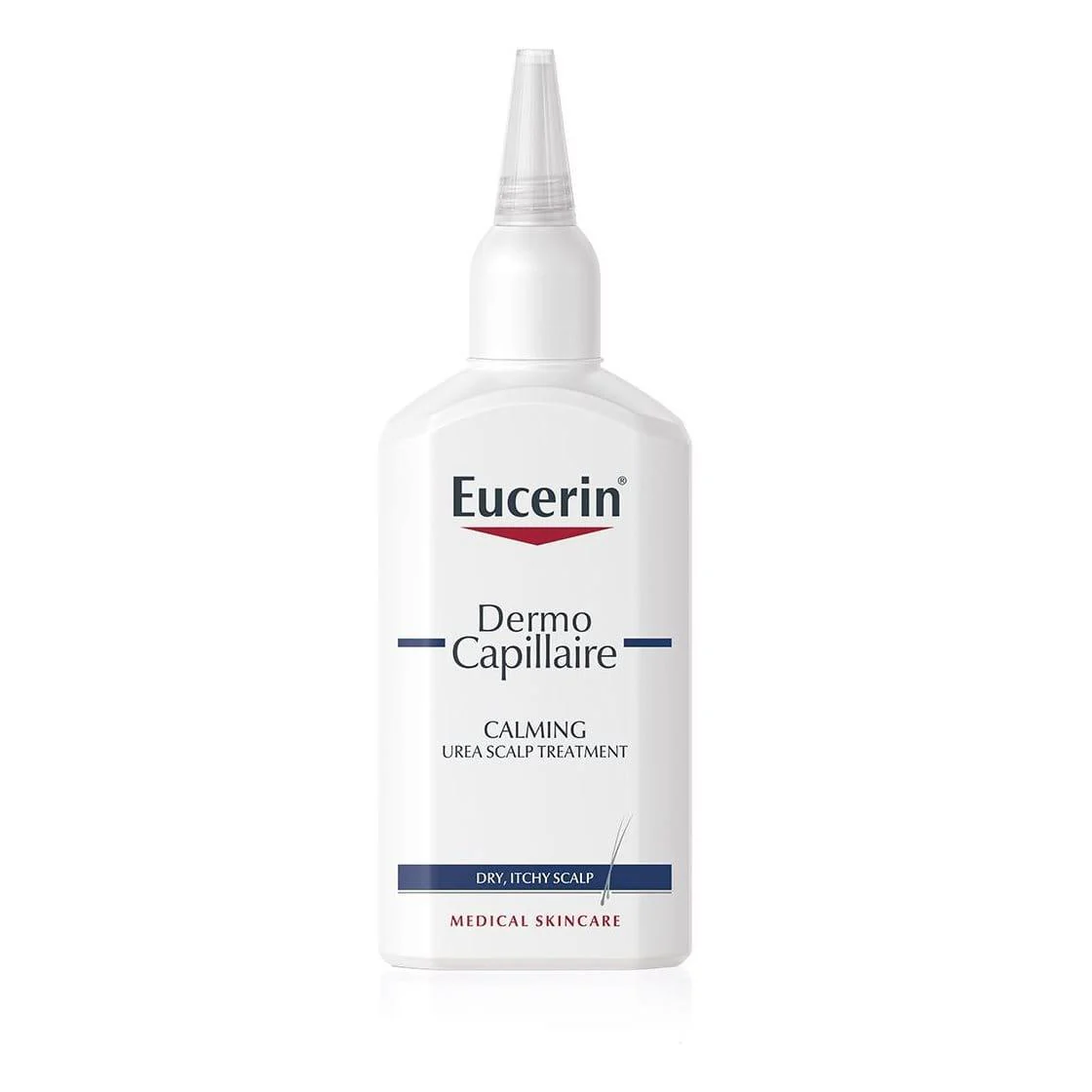




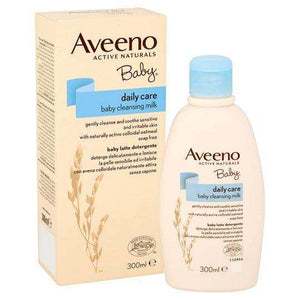
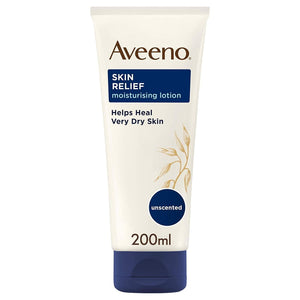
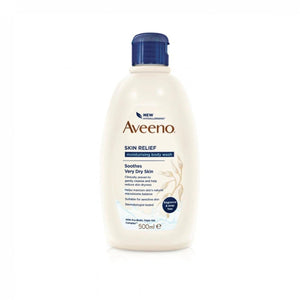
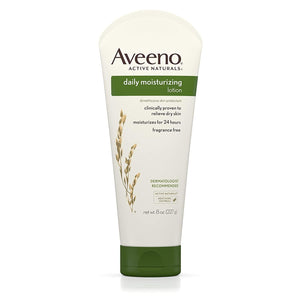
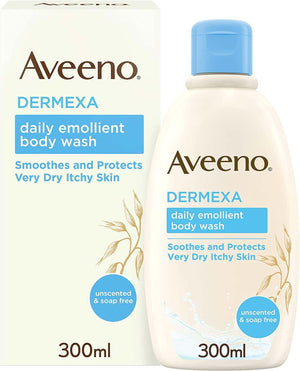
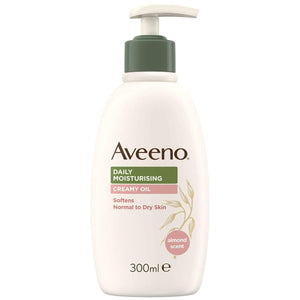
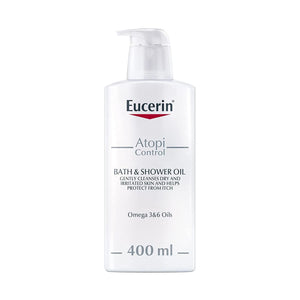
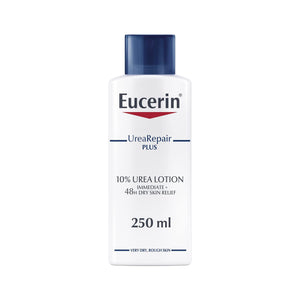
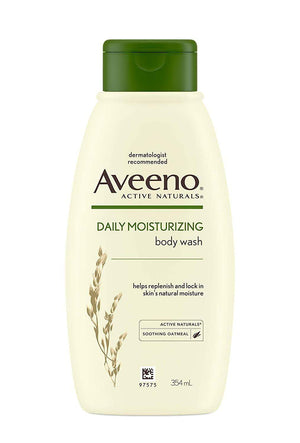
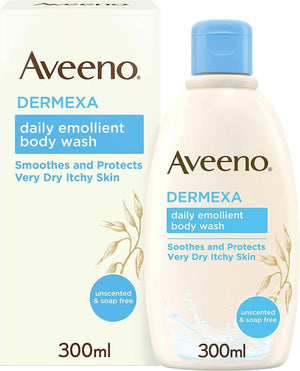

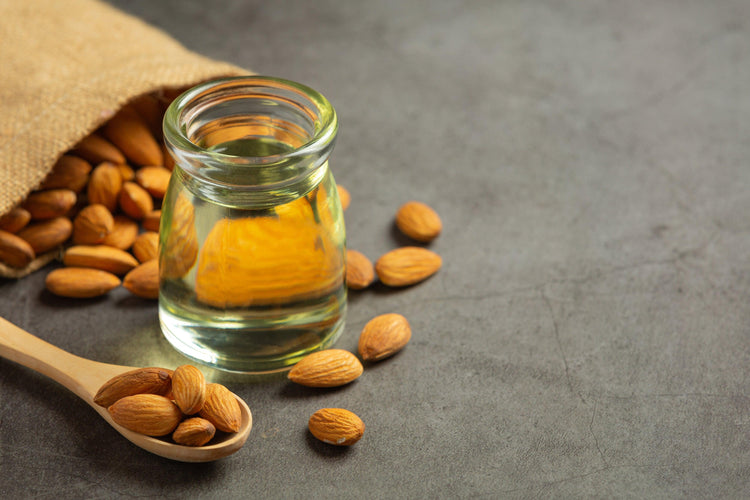



 Rated Excellent by 26,523+ Reviews
Rated Excellent by 26,523+ Reviews